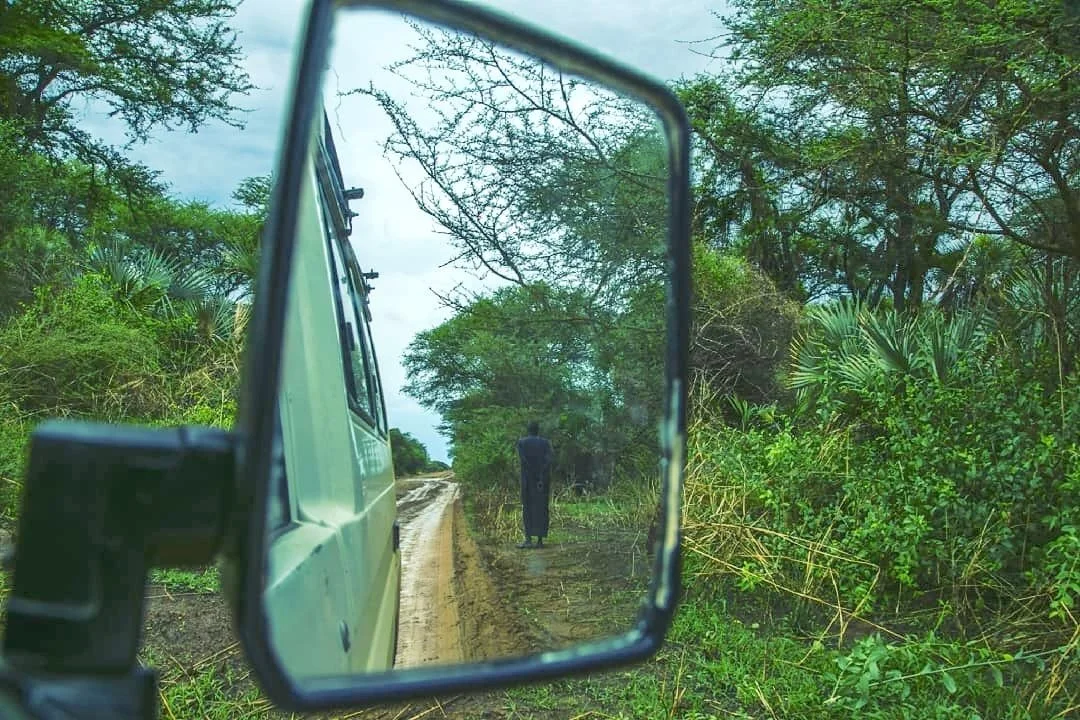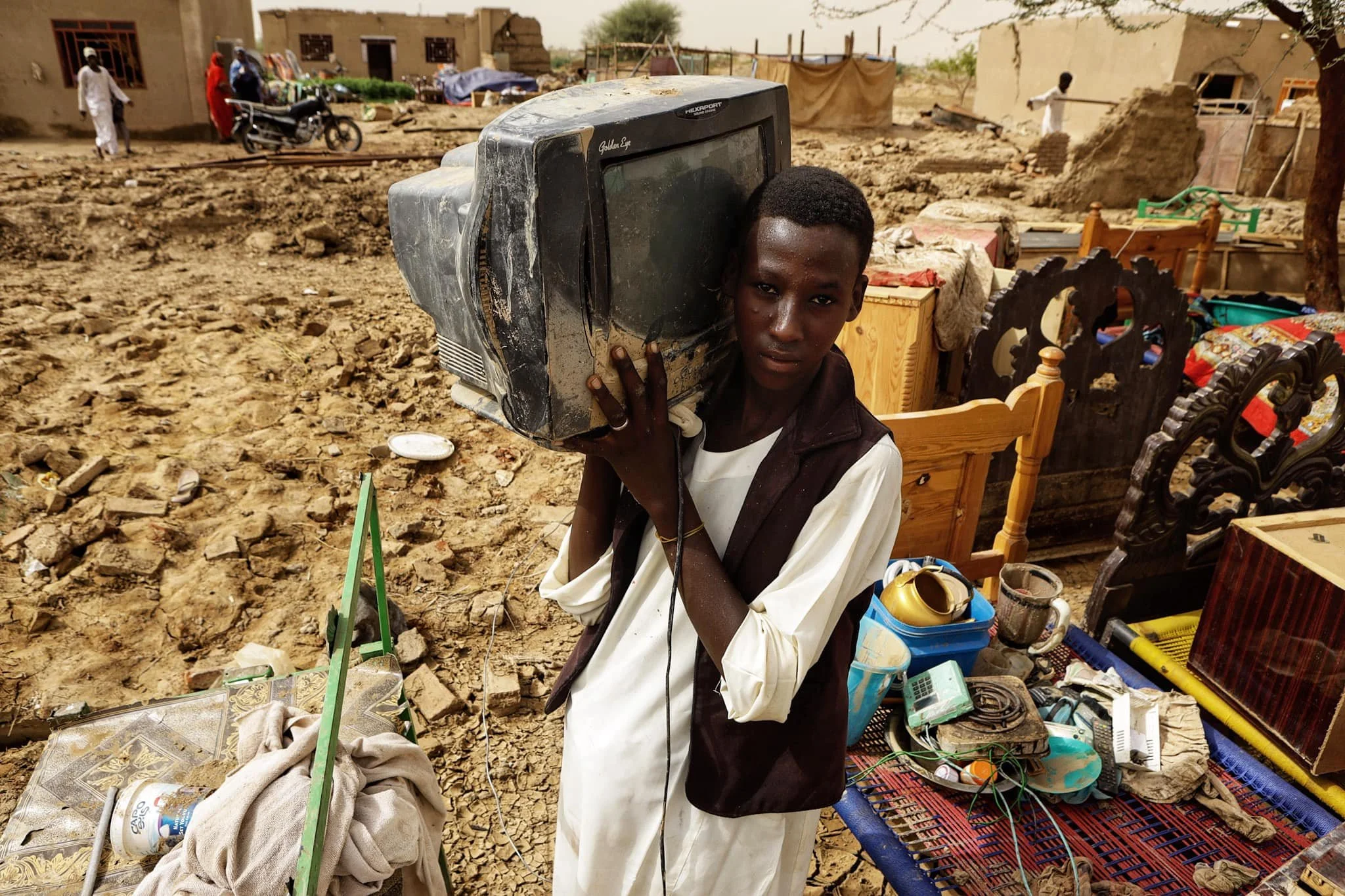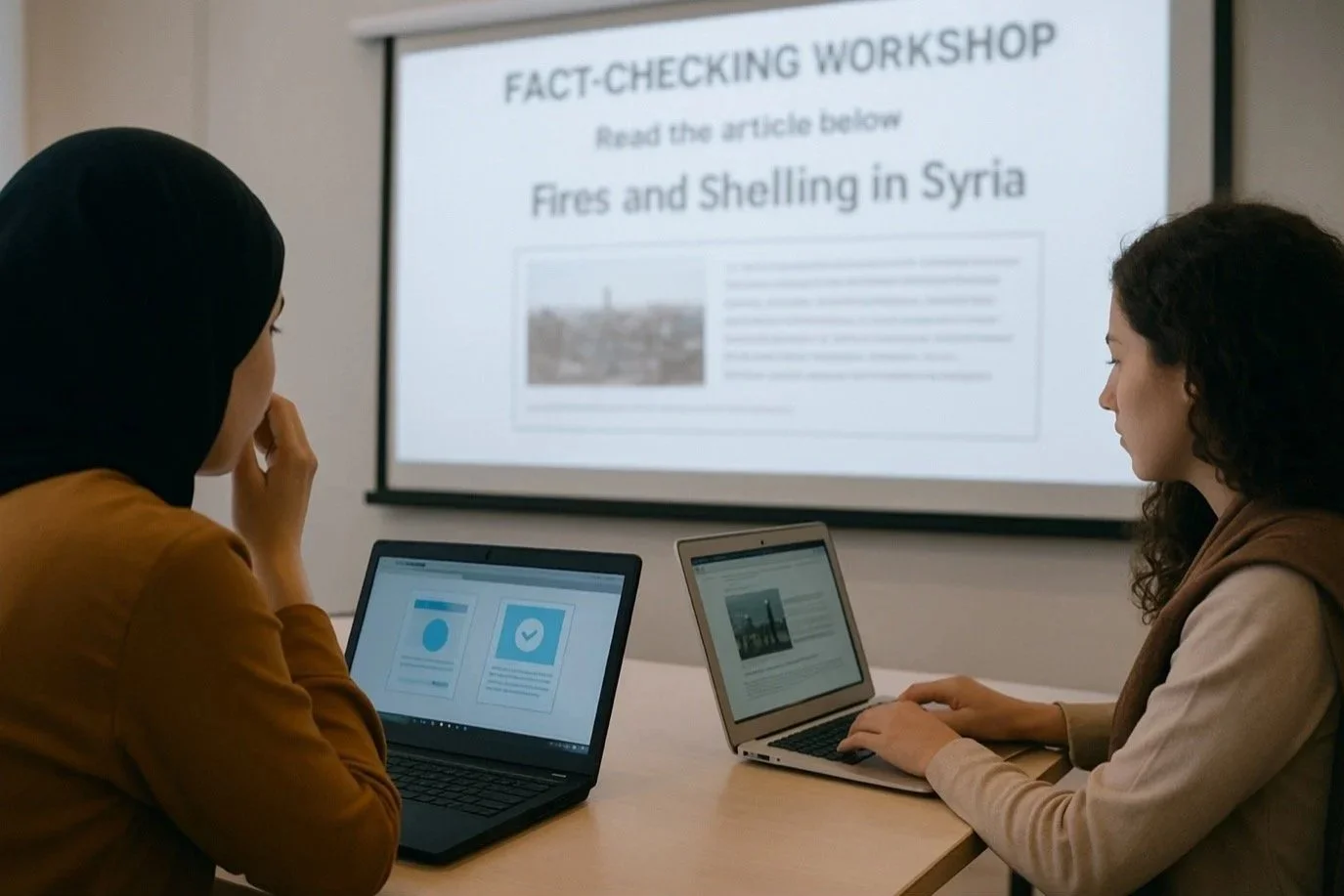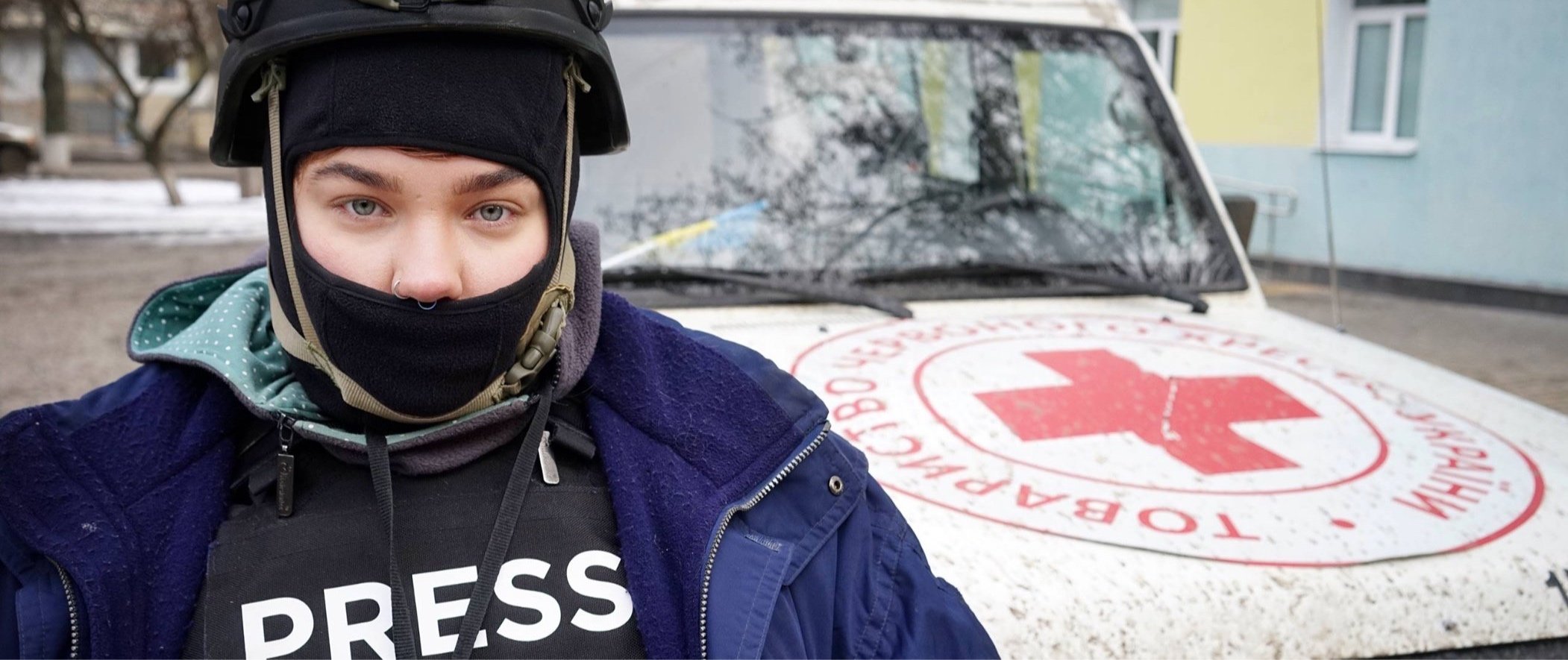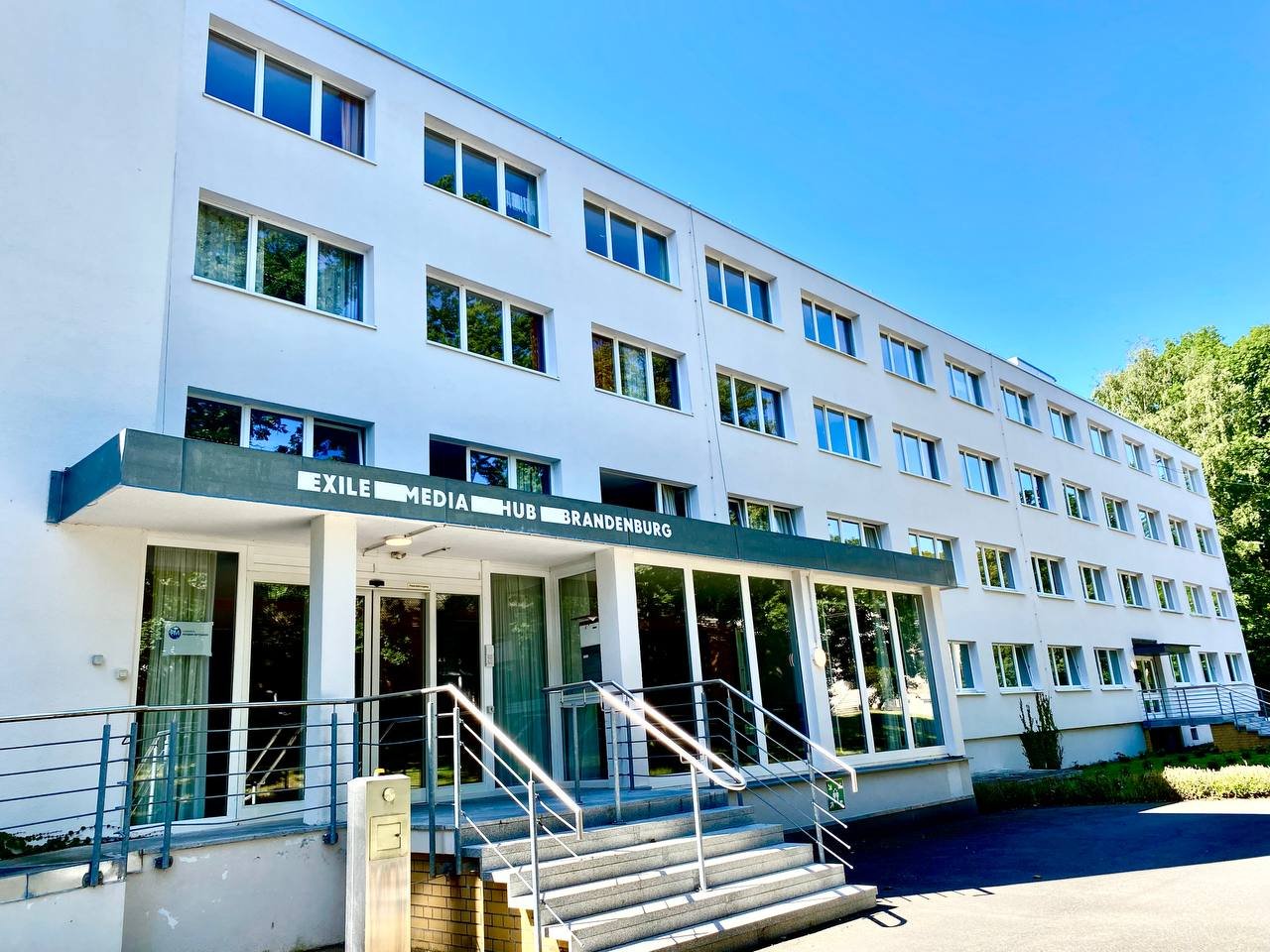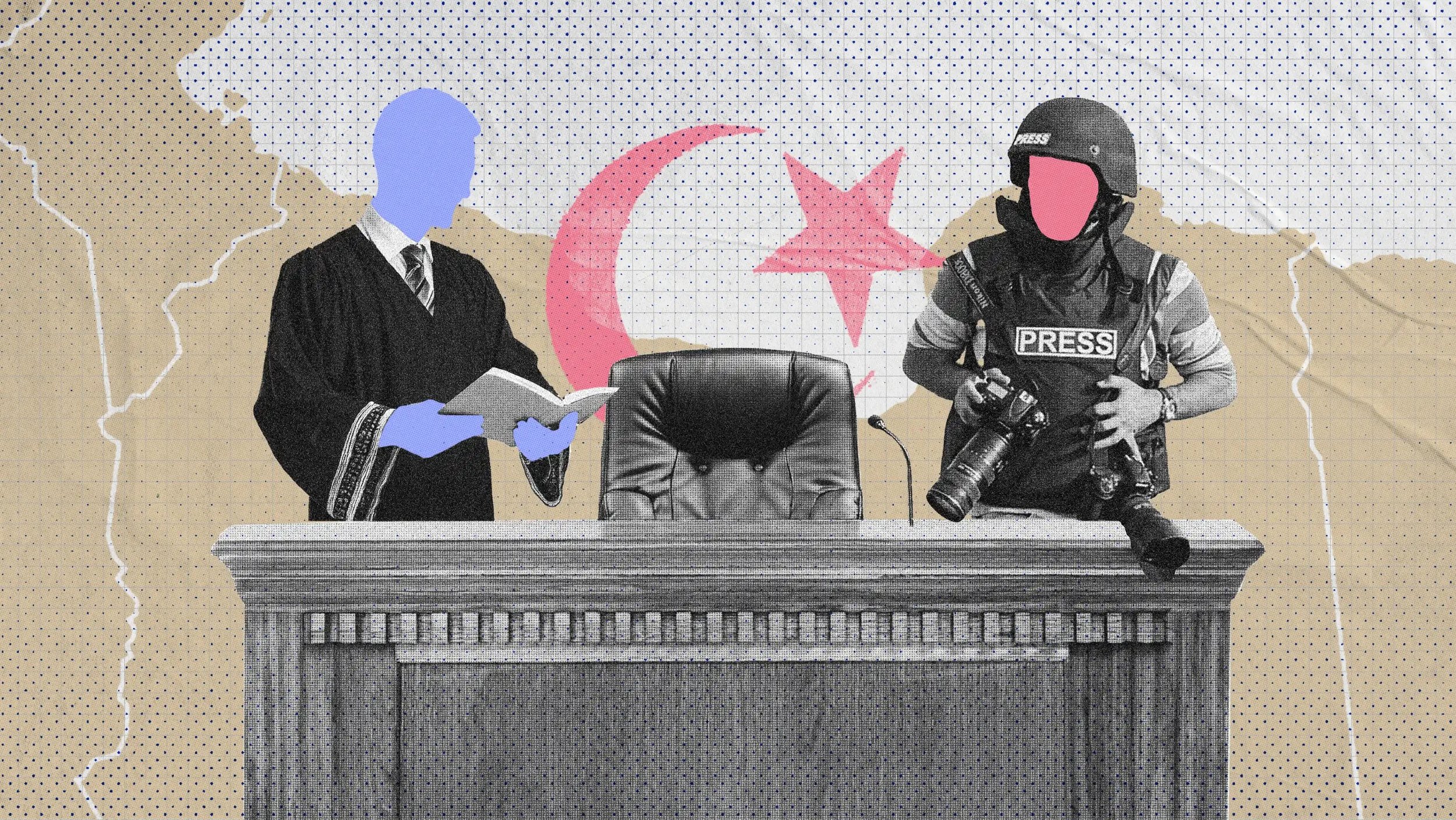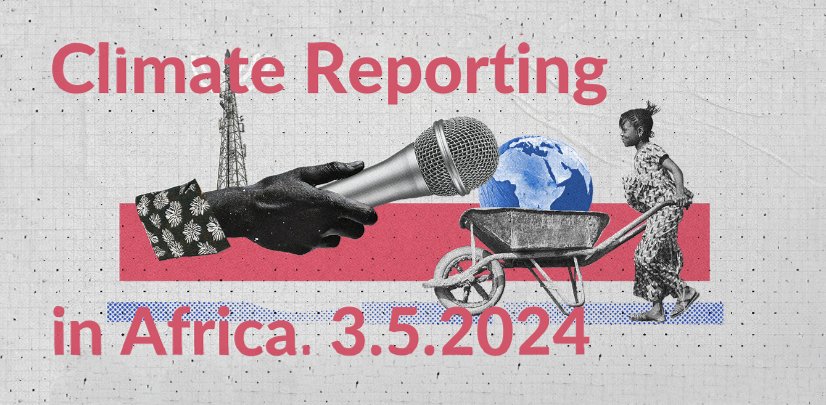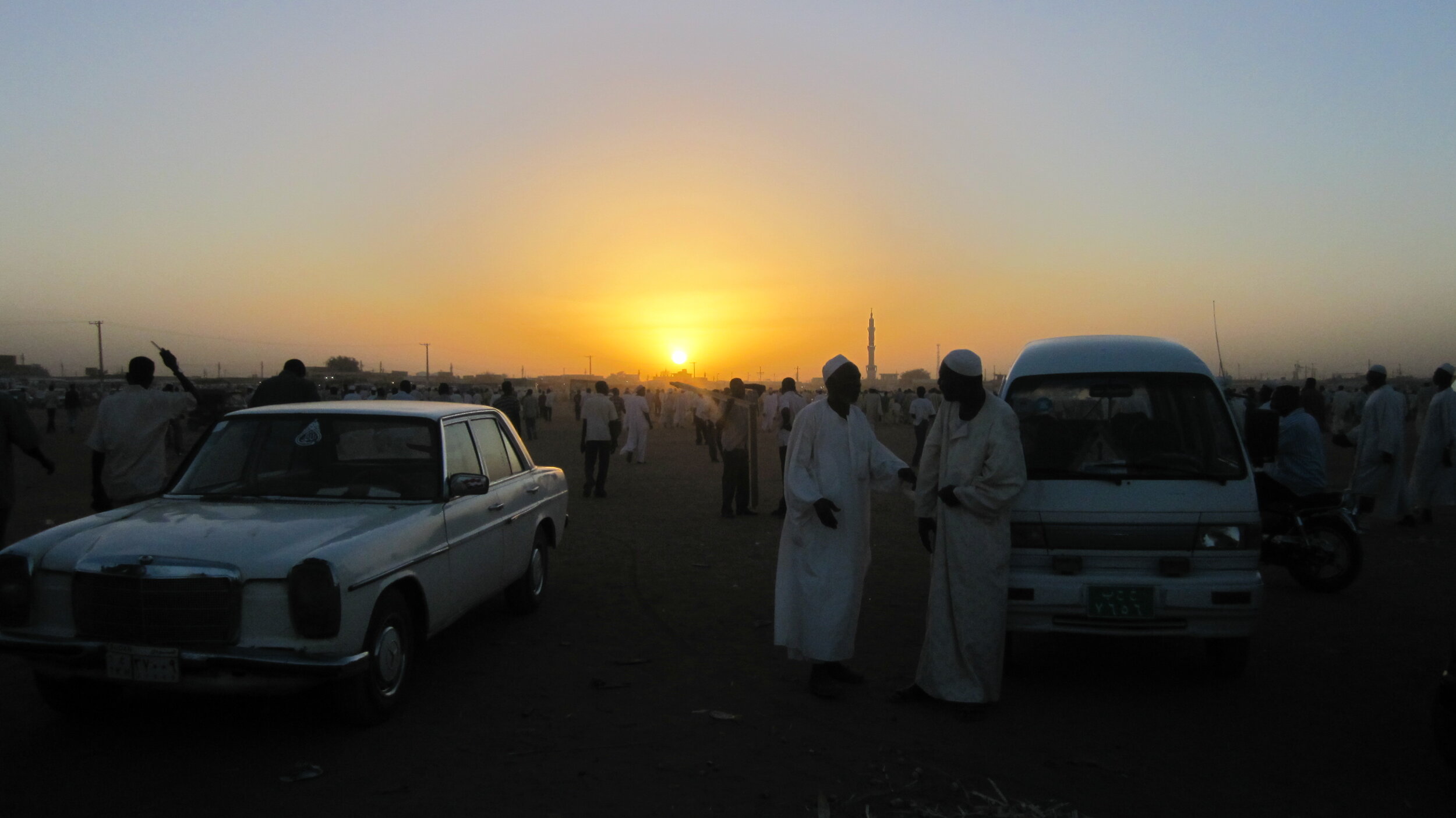
MiCT
Radio remains a vital channel of communication in South Sudan, where limited literacy and infrastructure restrict access to information. Media in Cooperation and Transition (MiCT) is working with journalists, radio stations and civil society groups to improve how gender-based violence (GBV) is reported and discussed on the airwaves.
When war broke out in Sudan in April 2023, many media outlets shut down and access to reliable information suffered. In response, Media in Cooperation and Transition (MiCT) supports Sudanese media with production grants and editorial coaching to help sustain independent reporting.
Launched in September 2025, the Syria Media Literacy Lab equips Syrian journalists with cutting-edge skills to deliver trustworthy, verified reporting during their country's historic transition. As Syria rebuilds after Assad's fall in December 2024, reliable journalism has never been more crucial.
The Fellowship provides quick, uncomplicated support to media professionals from Afghanistan, Libya, Myanmar, Sudan and Ukraine and in global emergency situations.
MiCT is proud to launch the “Training of Citizen Journalists in Syria”, a 12-month program supporting 50 aspiring reporters across the country. Funded by the Deutsche Gesellschaft für Internationale Zusammenarbeit (GIZ) through the BRIDGE program, it equips participants with the skills to produce independent, conflict-sensitive stories that highlight civic engagement and community development.
The hub provides networking, professional development and community-building opportunities for media makers from Ukraine.
Media for Peace is a transnational project aimed at fostering social cohesion, combating misinformation, and promoting peace education in Togo, Benin, and Guinea-Bissau.
Supporting Critical Voices was a protection and support program implemented by Media in The Supporting Critical Voices program, implemented by Media in Cooperation and Transition (MiCT) and supported by Internews Europe, was designed to provide protection and support to 10 at-risk journalists in Iraq, Syria, and Lebanon from August 1st to December 31st, 2024.
Art and media play a crucial role in raising awareness about injustice, prompting us to reflect on prevailing thoughts and behaviors, inspiring action, and encouraging dialogue. Over the course of seven months between 2023 and 2024, MiCT collaborated with a group of artists and journalists in northern Iraq to produce a digital magazine focused on the theme of restorative justice.
The project protects and strengthens exiled journalists with safety, livelihood, financial and legal assistance, capacity development and more.
In Brandenburg entsteht ab Juli 2024 ein neuer Ort für JournalistInnen, FotografInnen, PodcasterInnen und IllustratorInnen, deren Leib und Leben in ihrer Heimat bedroht ist und nach Deutschland geflohen sind, um hier ihre Arbeit in Sicherheit fortzusetzen.
Promoting media literacy means strengthening crisis prevention! In transition countries, media structures are often polarised along party lines. The focus should therefore be on the competencies of media users, because it is they who create the media effects.”
Dr. Anja Wollenberg, founder of MiCT and Head of Research
Over 500 Libyan journalists are now benefiting from our program for legal protection involving media professionals, lawyers, and judges. It is supported by the Global Media Defence Fund (GMDF) of UNESCO, the North Africa Media Academy (NAMA), and the Libyan Organization for Independent Media (LOFIM).
Discover how climate change impacts Africa and how African journalists are covering it! Join us in Berlin on World Press Day, May 3, 2024. Registration and further Information here. Africa is home to about 18% of the global population, but only accounts for less than 5% of cumulative greenhouse gas emissions.
In Uganda, the East Africa Radio Service (EARS) is helping proximity stations to bargain collectively for a bigger share of the advertising market and for better service and rates. EARS began in October 2019 so will be one to watch with interest.”
Mary Myers and Nicola Harford, Media Consultants
More: Local Radio Stations in Africa - Sustainability or Pragmatic Viability?
"Practicing Media for Peace", which ran through the year of 2023, and was made possible through funding from Deutsche Gesellschaft für Internationale Zusammenarbeit (GIZ), served as a transformative force harnessing media to foster unity among diverse communities in Nineveh, Iraq.
MiCT conducts research about the role of media in conflict and transformation. MiCT is particularly interested in the connections between conflict development and public communication, and the changes in the self-perception of journalists in times of radical transformation.
The press in Libya is defined as the profession of troubles. The social consequence of these troubles is faced exclusively by women journalists, firstly because of the cultural beliefs established in society about the distribution of gender roles, and secondly because of the popularity of women in Libya as a means of tactical pressure by the parties to the conflict.”
Rana Akabani, Regional Director North Africa and Co-Director North Africa Media Academy
